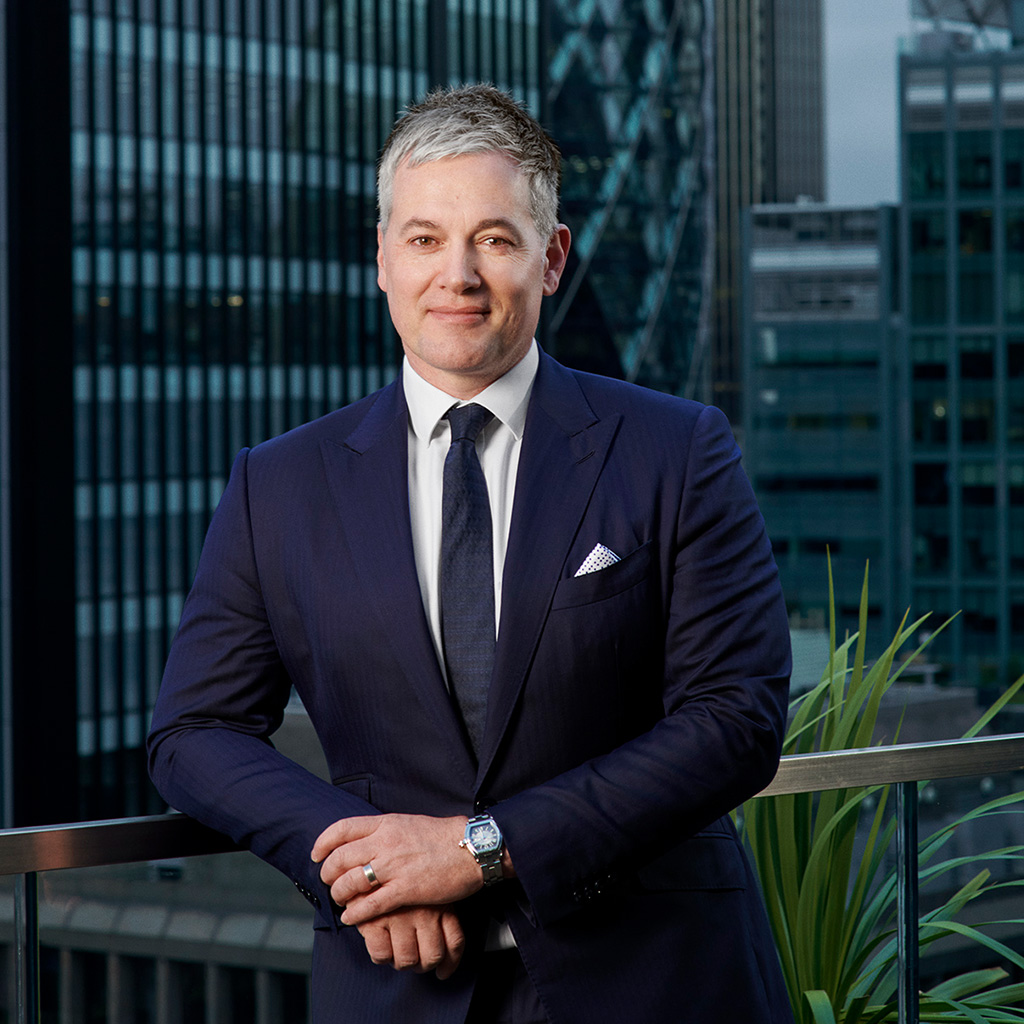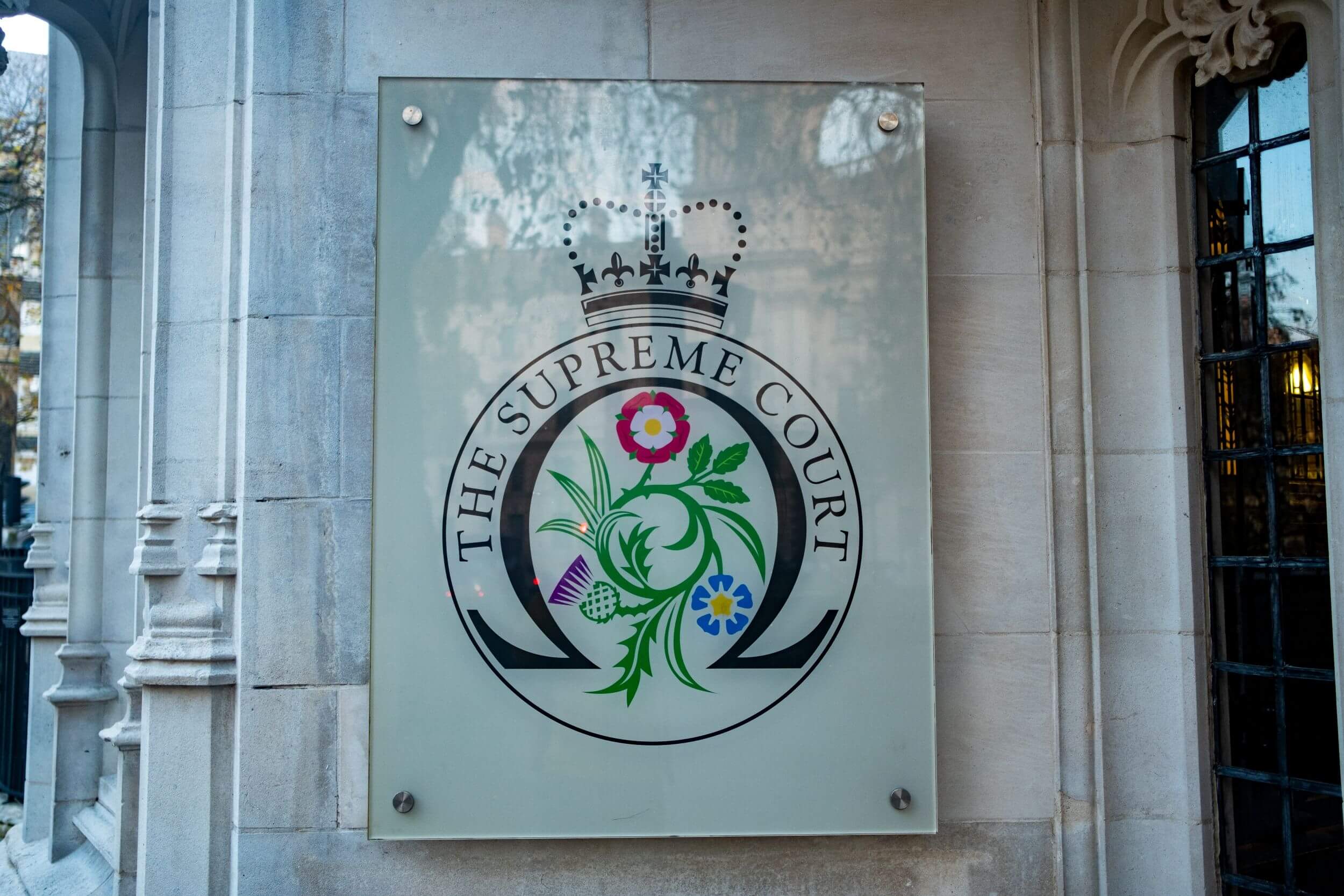A landmark Supreme Court judgement in favour of a housebuilding giant has significant implications for firms engaged in legacy projects who will now face renewed reputational and litigation risk, especially for high-rise or multi-occupancy residential buildings.
The ruling in BDW Trading Ltd (Barratt) v URS Corporation Ltd has key repercussions for Professional Indemnity (PI ) claims against contractors and consultants and means developers have the right to chase their contractors for losses sustained fixing defective buildings, even if they take on remediation voluntarily.
It is one of the most significant cases in construction law in recent times with the landmark ruling setting a precedent for developers. It may signal an influx of claims as developers gain clarity that claims can be made against contractors for repair work and fixing of defects that risk residents’ lives.
The decision confirms that Section 135 (and various other aspects) of the Building Safety Act 2022 applies retrospectively, extending limitation periods for claims under the Defective Premises Act 1972 (DPA) to 30 years.
The court dismissed an appeal by structural engineer URS and upheld a ruling that structural engineers owe “a duty of care” to developers for economic losses arising from negligent building safety design, even after the properties are sold.
Barratt Redrow, a major UK developer, funded remedial works to rectify structural defects in two residential towers initially designed by URS (now part of Aecom). These defects were uncovered during post-Grenfell fire safety investigations.
While Barratt no longer owned the buildings, it carried out the remediation voluntarily and sought to recover costs from URS under a claim in negligence.
Underpinning URS’ first ground for appeal was an argument that, because Barratt carried out the repairs voluntarily, in circumstances where it had no proprietary interest or legal obligation to do so, the losses suffered were therefore outside the scope of URS’ duty.
The court rejected this argument, upholding earlier decisions that:
- A developer who no longer owns the defective building can still recover losses for voluntary remedial works.
- Voluntary remediation does not defeat a negligence claim if there is sufficient duty of care owed by the consultant.
- Limitation defences will not automatically succeed where the economic loss is realised upon undertaking necessary remedial works to mitigate danger.
This has major ramifications for PI Insurers and the Construction Supply Chain.
Expanded Exposure under PI Policies:
- Contractors and consultants can now be pursued even where the claimant is not the building’s current owners.
- Insurers may face claims from developers who undertake remediation “voluntarily”—without compulsion—where defects relate to negligent professional advice or design.
- Policies should be reviewed to assess exposure to historic projects that may now give rise to liability.
Delayed Trigger for Economic Loss
- The ruling confirms that loss occurs at the time of remedial expenditure, not necessarily at practical completion or discovery of defect.
- Claims could be revived beyond standard limitation periods if remediation is more recent, increasing long-tail exposure for insurers.
Encouragement of Contribution Claims
- Developers may now feel emboldened to pursue recovery actions across the supply chain, particularly where they remediate to protect reputation, mitigate further loss, or comply with safety standards.
- PI insurers of architects, engineers, D&B contractors and others who may have a contractual exposure may see increased notifications and third-party contribution claims.
Reputational and Commercial Pressures
- The decision reflects judicial recognition of the public policy interest in building safety and accountability.
- Firms engaged in legacy projects face renewed reputational and litigation risk, especially for high-rise or multi-occupancy residential buildings.
By working with a trusted and specialist PII insurance broker you can tailor a policy that genuinely meets your needs and by investing in the right cover today, you’re safeguarding your business’s tomorrow.
To discuss this further with a broker at W Denis, please make arrangements with Daniel Moss at [email protected] or on 0044 (0)113 2439812.

Specialist contact




